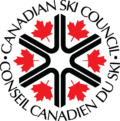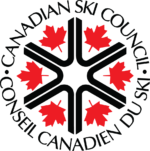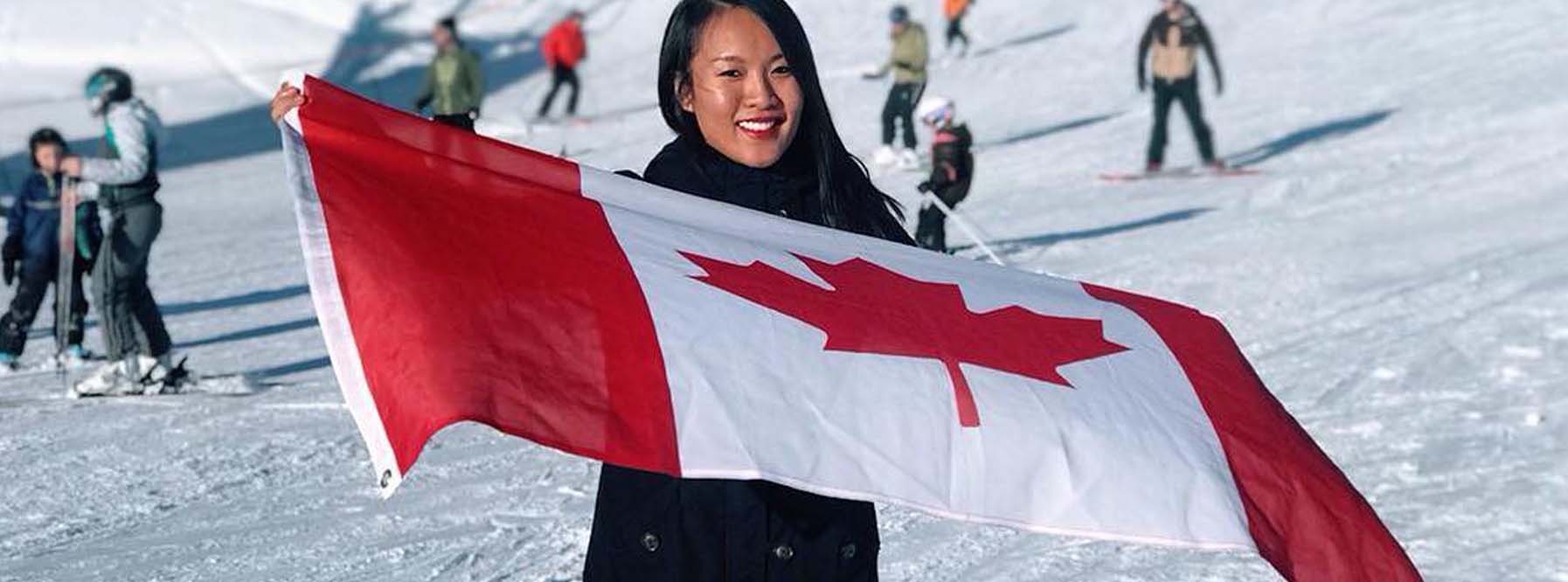What is IEC?
IEC stands for International Experience Canada, a program designed to allow youth, aged 18 to 35, the opportunity to travel and work in Canada for up to 2 years.
Types of work/travel experiences
There are three types of work and travel experiences available, and what is available to you depends on the country you are a citizen of. The options are:
Working Holiday
This category is for you if:
- you don’t have a job offer
- you want to work for more than one employer in Canada
- you want to work in more than one location
- you’d like to earn some money so that you can travel
In this case, you get an open work permit, allowing you to work for most employers in Canda, with a few exceptions.
Young Professionals
This is for those with a job offer in Canada that will count toward your professional development, and you’ll be working for one employer in Canada, in one location. This allows you to get an employer-specific work permit.
This work is paid and must count toward your professional development.
International Co-op (Internship)
This category applies to:
- students registered at a post-secondary institution
- you have a job offer for an internship or work placement in Canada
- you need to do placement to complete your studies
- you’ll be working for one employer in Canada, in one location
- the internship must be directly linked to your field of study
Can I only do one type of travel work experience?
You may be eligible to apply for more than one type of work and travel experience. The partner country will determine the options available to you. (The partner country is the country you are a citizen of.)
Before you apply
Make sure you read and understand all the requirements before you apply.
Can anyone apply?
No, you must be between 18 and 35 to participate. Visit IEC to see if your country has an arrangement with Canada to visit and work here.
When do I apply?
Apply early – once the spots are gone, you must wait for the next intake period.
How do I apply?
Check your eligibility – visit IEC for a list of partner countries. In order to participate, your country or territory of citizenship must have a youth mobility agreement (YAM) with Canada.
Create and submit your IEC Profile. For more details, visit IEC here.
While you wait for an invitation to apply, prepare your supporting documents, such as a police check certificate. Once your invitation is sent, you have 10 days to apply or decline. If you decline, your application is sent back into the pool, and you may get another opportunity to apply. If you choose to apply, and time runs out on the 10 days, you must start the process over.
You have 20 days from when you accept the invitation to complete a Work Permit Application. If you are applying to the Young Professional or International Co-op category, your employer needs to pay the $230 CDN employer compliance fee and submit your job offer using the employer portal.
Once the fee is paid, your employer will send you a seven-digit code starting with A that is to be included in your application.
A medical exam is required for certain fields (not for skiing) or if you have travelled to select countries within the last 6 months.
Upload all supporting documents. If you are missing any documents, you can upload a letter outlining why it is missing, or proof you have requested it.
Review your application.
Pay your fees online with a credit card.
Submit biometrics, if required.
Check for email updates (be sure to check your junk folder).
It takes 56 days to process your application, starting after biometrics have been submitted.
What are my chances?
Canada regularly invites eligible candidates for the IEC pools to apply for a work permit. The number of candidates invited to apply varies by season, type of permit, country of citizenship and timing. Check the Rounds of Invitations here for current details.
Do you need to submit biometrics?
If you are required to submit biometrics, you will be notified within 24 hours of submitting your application. You will have 30 days to give your biometrics at a Visa application centre. You may need to travel to another city or country to provide them.
Application deadlines
All deadlines are in UTC.
Be sure all application information is accurate and all supporting documents have been uploaded on time. You can request an extension if you do not have a document on time, but you cannot miss a deadline.
Do I need a medical exam?
A medical exam is required for certain fields (not for skiing) or if you have travelled to select countries within the last 6 months.
Can my family come with me?
Your family cannot come with you to Canada under the IEC program. They can, however, apply to work, visit or study in Canada on their own. They will need to apply separately.
What do I need to bring with me? Do I need any equipment?
You will need to have:
- comprehensive healthcare insurance
- the equivalent of $2500 CDN in a bank account in your name
- a passport valid for your entire stay period
- a ticket for your departure from Canada or sufficient funds to purchase such
- copies of documents provided in your work application
Bring a copy of your medical exam, if one is required.
If you are an unpaid international co-op participant, you may need to show proof of financial resources to cover expenses for your entire stay.
Am I paid for working?
Wages and labour standards must follow the labour laws in the province or territory you’re working in, within Canada. The labour code of the province or territory will determine if an internship needs to be paid or not. For labour laws by province and territory, check here.
How long are the stays?
The length of stay will be determined by the type of work and travel experience you have been approved for.
You may be able to stay in Canada as a tourist after your work permit expires. Use the Come to Canada tool to find out if you are eligible to extend your stay.
What will I do on the job?
Every job will have different expectations. Review job postings to see what is expected and requirements for each role.
Every province and territory in Canada has labour or employment standards which apply to all employees, regardless of where they originate from.
How do I get to Canada?
You will need to get to Canada to start your work permit. Border Services will issue the work permit you require to work in Canada legally. Review this document carefully before leaving the border service office, and ensure all information is accurate.
Do I need experience/certificates/training?
That will depend on the type of IEC permit you are applying under, what role you will fill in Canada, and what the employer needs. Be sure to check job requirements carefully.
Is the weather the same all across Canada?
Canada is a very large country. It is, in fact, the second-largest country in the world. Given its mass, Canada has many regional differences, such as the west coast being warmer versus the interior and east coast having more snowfall. Overall, winters are very cold and can have deep freezes of -30ºC (or cooler) but warm spells in the mid 30ºC. The autumn months can have spectacular colours and springs are wet and cool. Overall, temperatures and precipitation vary greatly by region.
Do I have to speak English?
English and French are the official languages of Canada. Having a base knowledge of one, or both, official languages will be beneficial and help you settle in, but your language skills will improve with use and exposure while within Canada.
Is it safe in Canada?
In 2024, Canada is considered one of the world’s safest places to travel. However, caution and good judgment should always be used.
Will I have time to explore Canada?
Based on Canadian labour laws, you will not be working all day every day during your stay. All workers are entitled to rest periods which you can use to explore and experience life and events in Canada.
You may be able to stay in Canada as a tourist after your work permit expires. Use the Come to Canada tool to find out if you are eligible to extend your stay.
Do I have to be a skier to come?
No. Many options are open to IEC participants. Canadian ski areas need ski-specific roles filled, but also hospitality roles, like front desk clerks and cleaners, and tourism roles, like chefs and wait staff. If you are interested in coming to Canada, there is probably a role for you!
Perks
Each job, and ski location, offers different perks. Some perks offered by ski locations in Canada may include free skiing, public transit subsidies, resort discounts, training, professional development, resort dining and more.
All roles include travelling to Canada and experiencing life here, meeting people from around the globe, making lifelong friends, and adventure around every corner.



